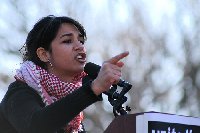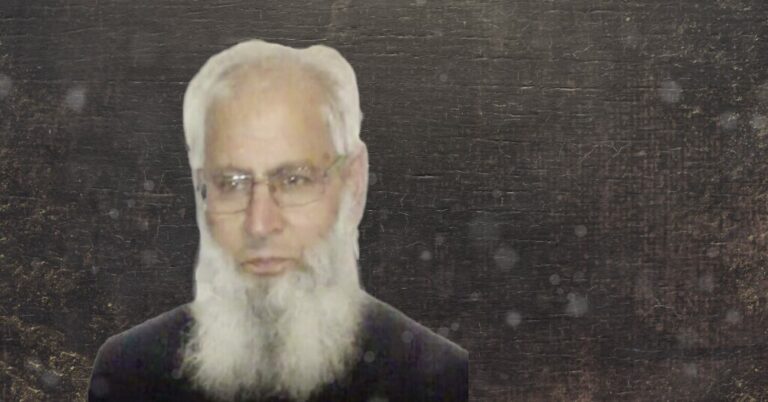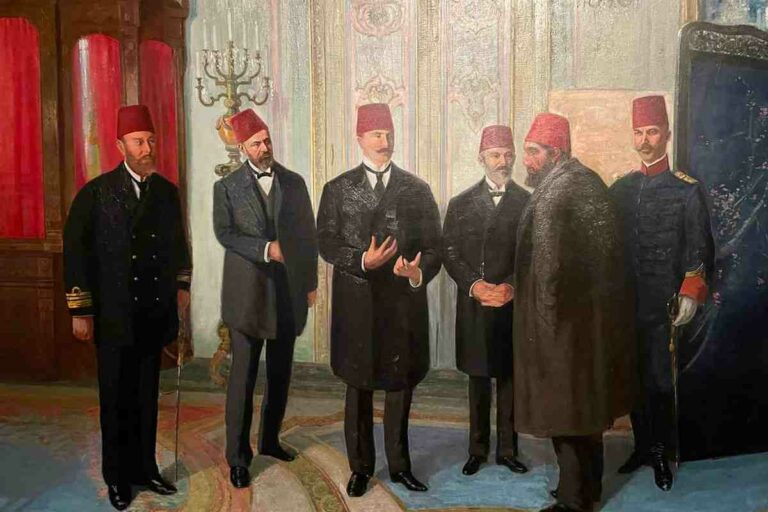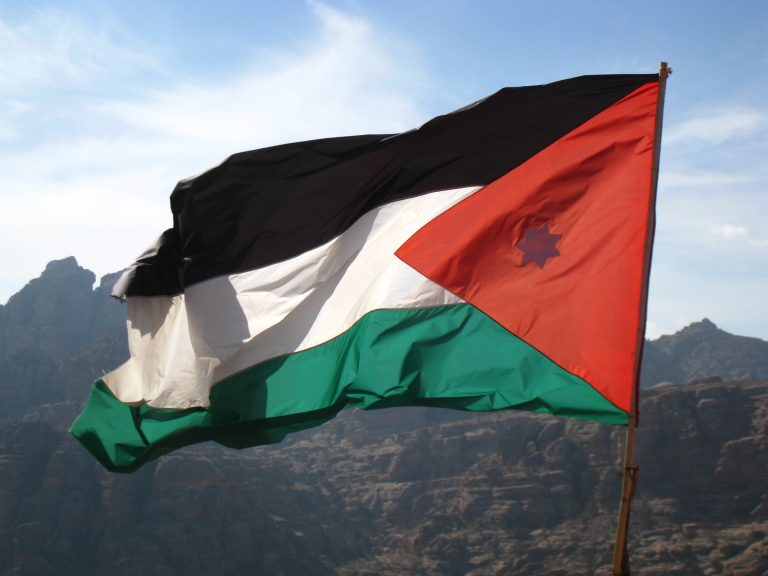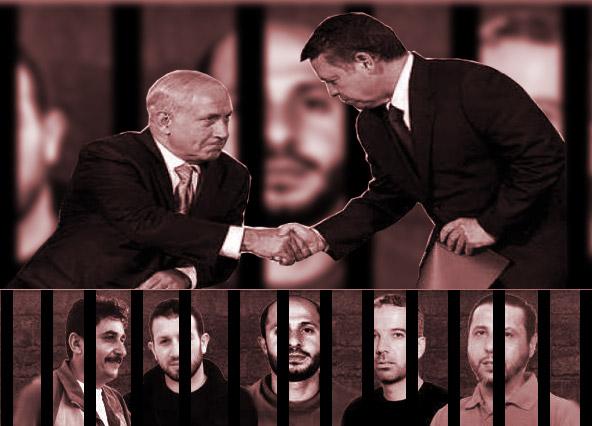The territory, already under occupation and on the steady road towards de-development even before the pummeling strikes of “Operation Cast Lead,” could have used the help of the international donor and political community to end the siege and reverse the tragic trajectory of regression.
Instead, last week the International Committee of the Red Cross reported that six-months after the conclusion of “Operation Cast Lead,” the inhabitants of Gaza were being “prevented from rebuilding their lives.”
Among the goods prevented from reaching the 1.5 million Palestinians of Gaza are painkillers, x-ray films, water and cement. The ICRC reports that the Palestinian economy has “nearly collapsed.”
The purpose of international humanitarian law is to protect civilians from harm during war.
States, like humans, have rights, and among those rights is the right to use force to defend one’s national integrity and citizens.
That right is circumscribed by the concern for civilians and enshrined in the Geneva Conventions.
The entire humanitarian law regime is built on the consensus that civilians should be protected from harm during warfare. And Common Article 3 of the Conventions extends the regime’s applicability in those cases where non-state actors wage war.
Therefore it is especially frightening that rather than rehabilitate civil society in the aftermath of a horrific offensive that killed 1,400 civilians, including 313 children, Israel is prohibiting the entry of the materials necessary for its reconstruction.
While blockades are not new to the international legal order, think to the decade-long US-imposed sanctions on Iraq or the 49-year US-imposed embargo on Cuba, the blockade of Gaza is unique for including the prohibition of basic goods, being applied against an occupied nation, and persisting in spite of a military attack that left 14,000 homes, 240 schools, and 219 factories destroyed. In Gaza, the otherwise sterile moniker, ‘blockade,’ amounts to a policy of starvation.
International humanitarian organizations concur. The World Health Organization and the United Nations Relief Works Agency describe the situation in Gaza where 86% of the population is dependent on food aid for survival, as a ‘humanitarian catastrophe.’
Israel rejects responsibility for this catastrophe and places the blame at Hamas’s feet.
The largest nuclear power in the Middle East suggests that if Hamas acquiesces to its political demands or step down all together, then it will lift the blockade.
However, humanitarian needs are non-derogable rights and cannot be compromised for political reasons–this principle is epitomized in the unequivocal and global condemnation of terrorism–under no circumstances can Israel manipulate access to clean water, electricity and medicine, to achieve its political goals. The stage of politics is readily available to them for that number.
Israeli citizens, like their Government, have also equated their violation of humanitarian law to a political practice.
In a protest against the three-year captivity of Gilad Shalit, an Israeli soldier kidnapped by Hamas militants during a 2006 cross-border operation, on June 23rd hundreds of Israelis blocked the passage of basic goods into Gaza.
Unaware of the distinction between the freedom of speech and the prohibition on collective punishment, one Israeli protester explained, “We want to stop the supplies, outside of the necessary medical supplies from getting in so that they understand the plight of Gilad Shalit and that he has been denied such human rights for three years.
“Ironically, Palestinian familiarity with Shalit’s plight well predates the imposition of the two-year old blockade on Gaza.
Unfortunately, neither the Israeli government nor the international community dispersed this protest and insisted on the flow of humanitarian aid to a captive population.
Instead, dozens of trucks filled with goods necessary to survival in Gaza lined up at the Kerem Shalom crossing for three hours until the Israeli protesters voluntarily dispersed.
The luxury of upholding the right to free speech and assembly at the expense of the right to food and shelter belongs to liberal democracies alone.
Bereft of its moral or legal voice, the international community has made its coffers readily available to the Palestinians in Gaza.
In early March the international donor community pledge $4.8 billion in aid for Gaza. However, their generosity is hollow absent the political will necessary to secure access of reconstruction materials into Gaza.
Aid pledged to Gaza today is like promising forty acres and a mule to still captive slaves–generosity abounds in such scenarios.
Frustrated by the ineptitude of nation-states, activists spanning the globe initiated the Free Gaza Movement, a sea-based effort seeking to challenge the siege through civil resistance and non-violent direct action by sailing boats filled with humanitarian aid from Cyprus to Gaza.
The Movement sent off its eighth boat, the Spirit of Humanity, on June 25th. On June 30th, while still in international waters, eight Israeli naval gunships attacked the Spirit of Humanity, arrested twenty-one of its passengers, incarcerated them in Israeli prisons, and initiated deportation proceedings against them for ‘trespassing.’ Among the prisoners, dubbed the ‘Gaza 21,’ are Irish Nobel Peace Laureate Mairead Maguire and African-American former Congresswoman Cynthia McKinney.
McKinney and Maguire are not the only international figures directly challenging the siege.
On the Fourth of July, the British Parliamentarian, George Galloway, led his second convoy of humanitarian aid and people to Gaza from the United States. Fearing that the significance of their departure date may be lost on some, Ron Kovic, the Vietnam War Vet on whom Oliver Stone based his film, Born on the Fourth of July, is co-leading the convoy.
From the US, to the UK, Ireland, Bahrain, Cyprus, Austria, Jamaica, and Scotland, global civil society is rising to fill the gap left by their national representatives. Their efforts have not sufficiently inspired, nor embarrassed for that matter, a single nation-state to send its own convoy but they have surely reified the principles underscoring international humanitarian law.
Their personal sacrifice is the preservation of the spirit of humanity. The ending of the blockade on Gaza will be its salvation.

